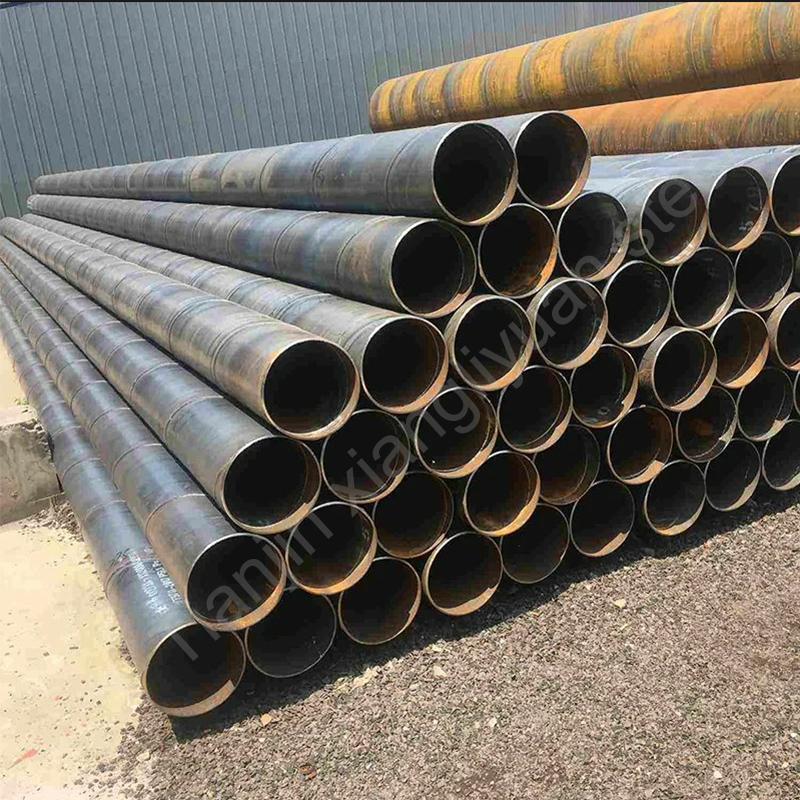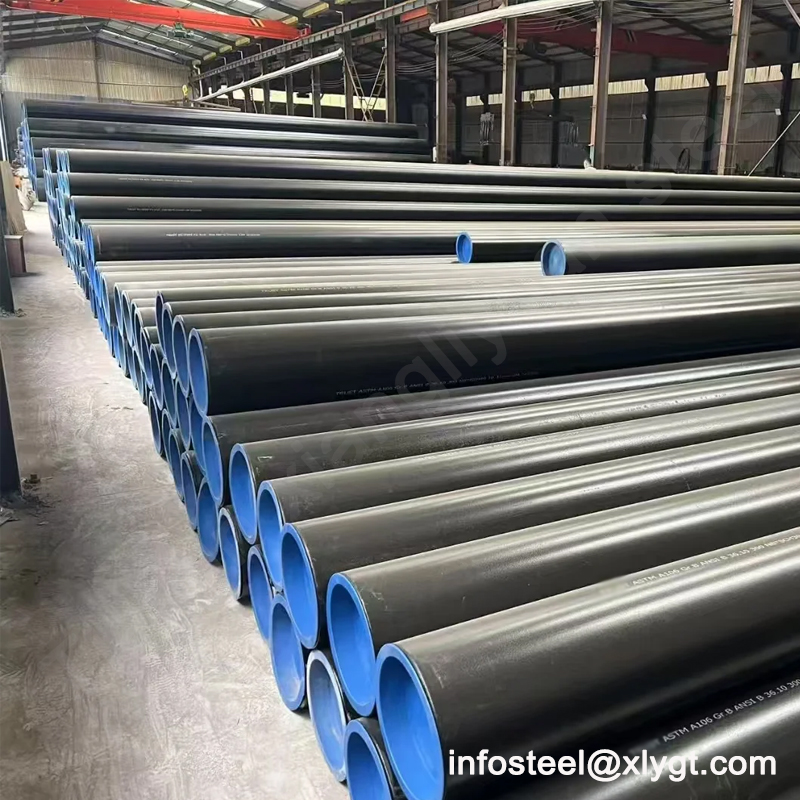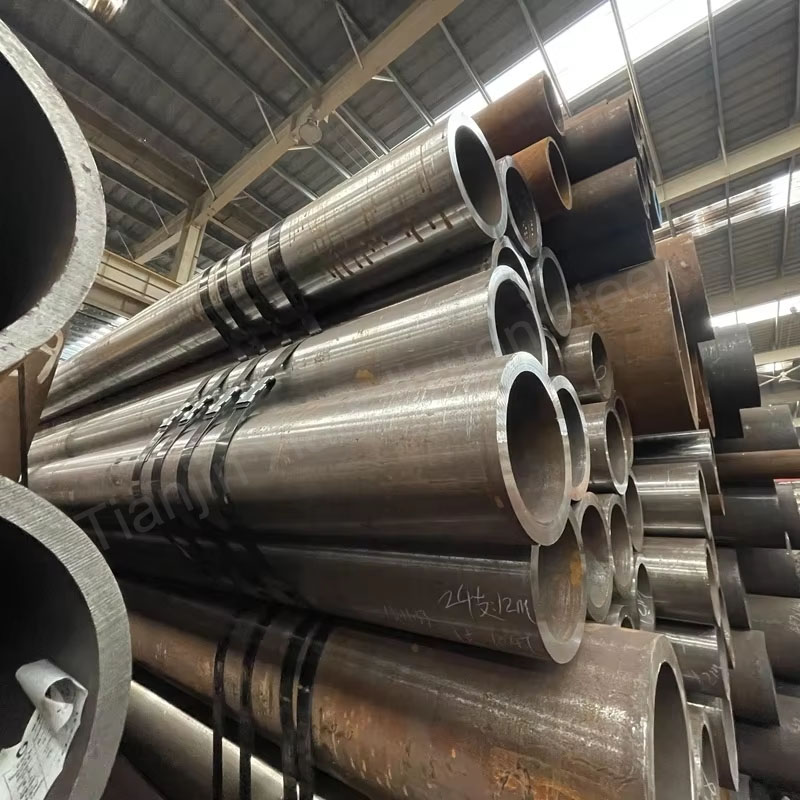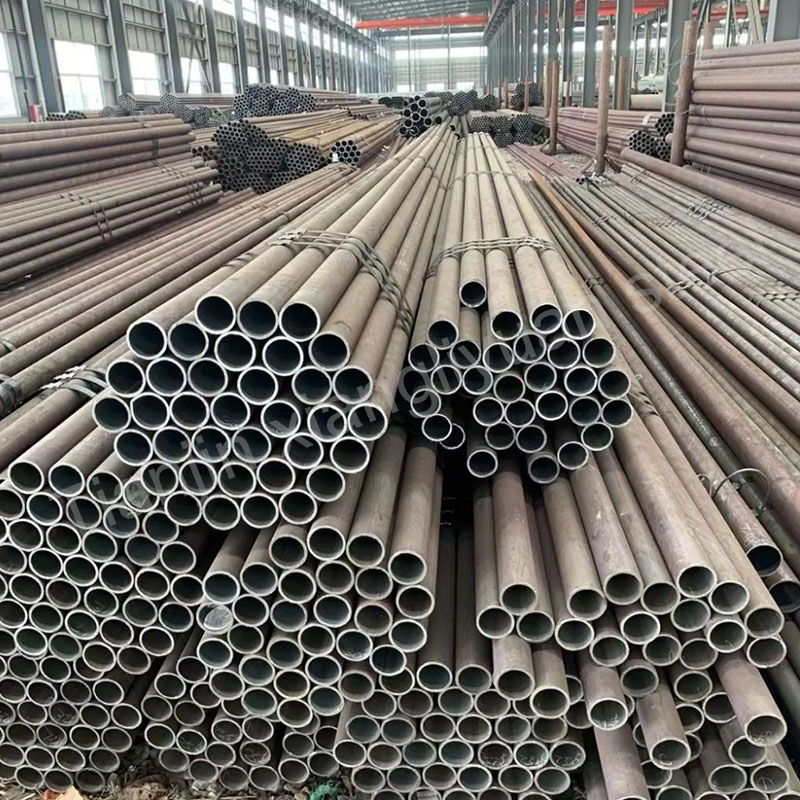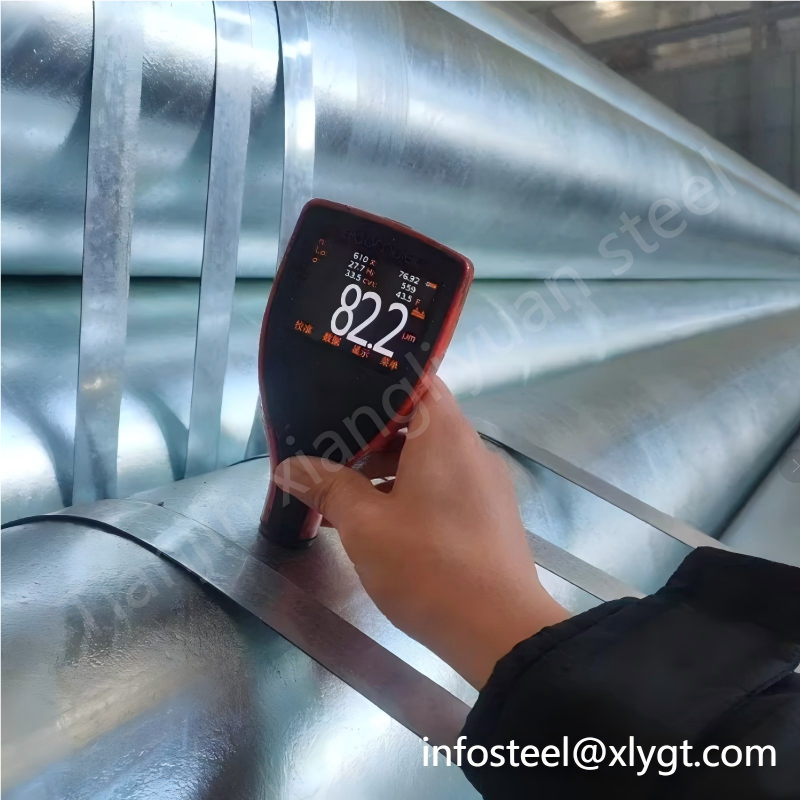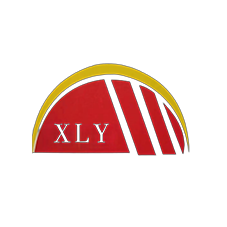The following lists the various materials commonly used for welded steel pipes, covering common international standards:
1. Carbon steel materials
1. Ordinary carbon structural steel:
– Q195, Q215, Q235, Q255, Q275 (Chinese standard)
– SS330, SS400, SS490, SS540 (Japanese standard JIS G3101)
– ASTM A53 Gr.A, Gr.B (American standard)
Q195, Q215, Q235, Q255, Q275: These are ordinary carbon structural steels, widely used in welded pipes, Q235 is the most common.
Q345 (16Mn): It is a low-alloy high-strength structural steel. Compared with Q235, it has higher strength and better toughness. It is suitable for welded pipes with higher strength requirements, such as oil and gas pipelines, building structures, etc.
20G: Carbon structural steel for boilers, suitable for pipelines in high temperature and high pressure environments.
45Mn2, 50Mn: Mainly used for structural parts that withstand high stress, with good toughness.
ASTM A53 and A106: These two materials are mainly used in the North American market. A53 is suitable for low-pressure applications such as water, air and steam, while A106 is often used for fluid transportation in high temperature and high pressure environments.
2. High-quality carbon structural steel:
– 10#, 15#, 20#, 25#, 30#, 35#, 40#, 45#, 50# (Chinese standard)
– ASTM A106 Gr.B, Gr.C (American standard, suitable for high temperature applications)
20# steel is a high-quality carbon structural steel with good toughness, plasticity and weldability. It is mainly used to manufacture pipelines that need to withstand a certain pressure, such as boiler pipelines and fluid transportation pipelines.
10# and 15# steel: These two materials have a low carbon content and are suitable for manufacturing low-pressure fluid transportation pipelines, such as tap water pipes, drainage pipes, etc.
3. Low alloy high strength structural steel:
– Q345 (16Mn), Q355, Q390, Q420, Q460 (Chinese standard)
– S235, S275, S355, S420, S460 (European standard EN 10025)
– ASTM A572 Gr.50 (American standard)
4. Oil and gas pipeline steel:
– API 5L Gr.B, X42, X46, X52, X56, X60, X65, X70, X80 (oil and gas industry standard, suitable for pipelines of different pressures)
5. Carbon steel for boilers and pressure vessels:
– 20G, Q245R, Q345R (Chinese standard, suitable for high temperature and high pressure occasions)
– ASTM A179, A192, A210 (American standard, mainly used for boilers and heat exchangers)
6. Carbon steel for low temperature:
– ASTM A333 Gr.1, Gr.6 (carbon steel for low-temperature pipelines, suitable for sub-zero temperature environments)
II. Alloy steel materials
1. Heat-resistant alloy steel:
– 15CrMo, 20CrMo, 12Cr1MoV (Chinese standard, commonly used for high-temperature and high-pressure pipelines)
– ASTM A335 P5, P9, P11, P22, P91 (suitable for high-temperature services)
2. Low-temperature alloy steel:
– 09MnD, 16MnD, 09Mn2V, 06Ni3MoD (Chinese standard)
– ASTM A333 Gr.3, Gr.4, Gr.7 (American standard, suitable for low-temperature environments)
3. Alloy steel for medium-pressure and high-pressure boilers:
– 12CrMo, 12Cr2Mo, 15CrMoG (Chinese standard)
– ASTM A335 P1, P2 (American standard)
III. Stainless steel materials
1. Austenitic stainless steel:
– 304, 304L, 316, 316L, 321, 347 (common stainless steel materials, suitable for corrosion resistance requirements)
– ASTM A312 TP304, TP316 (American standard)
2. Ferritic stainless steel:
– 430, 409, 444 (suitable for less corrosive environments)
3. Duplex stainless steel:
– 2205, 2507 (excellent corrosion resistance and strength)
– ASTM A790 S31803, S32750 (duplex stainless steel pipe)
4. Precipitation hardening stainless steel:
– 17-4PH (high-strength stainless steel, suitable for special purposes)
IV. Special purpose steel
1. High-strength structural steel:
– S690QL, S890QL, S960QL (European standard EN 10025-6, used for ultra-high strength structures)
2. Corrosion-resistant alloy steel:
– Incoloy 825, Inconel 625, Hastelloy C276 (suitable for harsh corrosive environments)
3. Wear-resistant steel:
– NM360, NM400, NM500 (Chinese standard, for wear resistance)
– HARDOX 400, HARDOX 500 (Swedish standard, for wear resistance)
4. Low-temperature nickel steel:
– 09Ni, 3.5Ni, 5Ni (Chinese standard, suitable for extremely low temperature environments)
5. International standard welded steel pipe materials
1. ISO 3183: Pipeline steel pipes for the petroleum and natural gas industry, similar to API 5L.
2. EN 10208: European standard, commonly used material for oil and gas pipelines.
3. DIN 2448, DIN 1629: German standard, commonly used for seamless steel pipes for fluid transportation.
4. JIS G3452, G3454, G3456: Japanese standards, used for carbon steel pipes in ordinary, pressure fluid and high temperature environments respectively.
American Standard (ASTM)
1. ASTM A53: Ordinary carbon steel pipes suitable for low-pressure applications, usually used for water, air and steam transportation.
2. ASTM A106: Seamless carbon steel pipes, often used for fluid transportation under high temperature and high pressure conditions.
3. ASTM A179: Low carbon steel cold-drawn seamless pipes, mainly used for heat exchangers and condensers.
4. ASTM A333: Low-temperature carbon steel pipes used in low-temperature environments, suitable for fluid transportation at sub-zero temperatures.
5. ASTM A671, A672: Electric fusion welded steel pipes, used in high-pressure service occasions.
6. API 5L (Gr. B, X42, X46, X52, X56, X60, X65, X70, X80, etc.): Pipeline standards widely used in the oil and gas industry, with different grades suitable for different pressure conditions.
European Standards (EN)
EN 10208-1, EN 10208-2: Steel standards for pipeline transportation, widely used in the oil and gas industry.
EN 10216: Seamless steel pipe standards, suitable for pressure pipelines under high temperature conditions.
EN 10025 (S235, S275, S355, S450, etc.): Structural steel standards, different grades have different strengths and uses.
EN 10210, EN 10219: Hot-rolled and cold-rolled hollow structural steel pipes, usually used in building structures.
Japanese Standards (JIS)
JIS G3101 (SS330, SS400, SS490, SS540): General structural steel, mainly used for structural parts and pipelines.
JIS G3452: Carbon steel pipes suitable for ordinary pipelines, such as water and air pipelines.
JIS G3454: Carbon steel pipes for pressure fluid transportation.
JIS G3461: Carbon steel pipes for boilers and heat exchangers, suitable for high temperature environments.
JIS G3462: Alloy steel pipes for use under high temperature conditions, usually used for boilers and heat exchangers.
SPHC, SPHD, SPHE: These materials belong to the Japanese standard (JIS G3131), usually used for general structures and welded pipes, with good formability and weldability.

